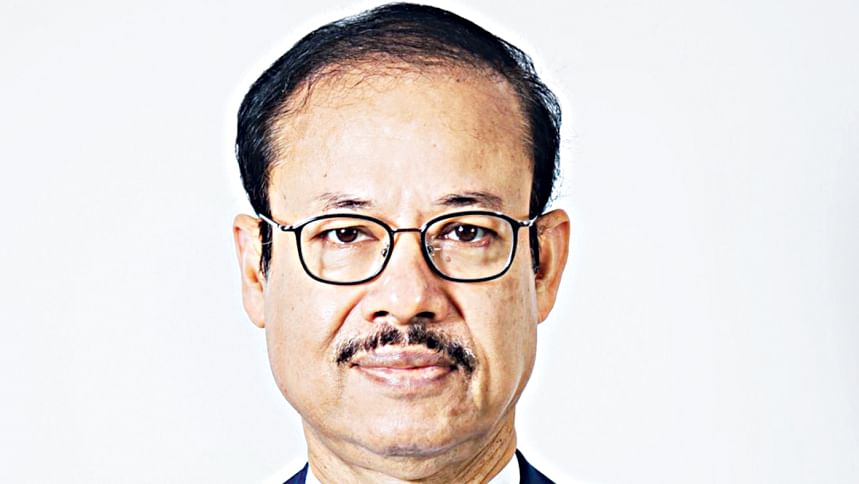A game changing model for boosting remittance

Bangladesh has been experiencing a severe forex crisis for the past two years. Our two main sources of foreign currency are exports and remittances. While we have devoted significant attention to increasing exports, we have largely neglected the potential of remittances. In the past fiscal year, exports have been in the range of $47 billion.
If we consider a value addition of around 50 percent, the net forex earnings is around $23 billion. Meanwhile, judging the current trends, this year the remittances could be between $27 billion and $30 billion.
Workers, especially unskilled labourers abroad, often face cumbersome processes when using formal channels. This drives them to informal options like hundi, which are easier but deprive the country of vital foreign currency. To increase formal remittances, we must understand that, beyond financial needs, wage earners are driven by higher aspirations for esteem and respect.
So, to foster their loyalty and encourage remittance through formal channels, we must adopt a dual strategy addressing their immediate and long-term needs for dignity and recognition.
SHORT-TERM SOLUTIONS
Wage earners' elite club: The government can introduce a "Wage Earners Elite Club," offering tiered membership (platinum, gold, silver and bronze) based on remittance volumes. Benefits for club members could include VIP airport services, meaning that elite members would enjoy dedicated immigration counters and transportation. Additionally, platinum, gold, and silver members could be given access to exclusive lounges at airports, ensuring more comfortable travel.
Recognition and awards: High contributors would be publicly recognised, invited to national events and treated as Commercially Important Persons.
Free travel benefits: Platinum and gold cardholders would be eligible for free round-trip tickets, further incentivising formal remittance channels.
Annual membership upgrades: Elite club membership would be reassessed yearly, with additional perks for top remitters, such as upgraded travel benefits.
Also, the government should develop a remittance app to simplify the process of sending money. Features could include payment gateway integration, transparent currency conversion rates, strong security measures and real-time transaction tracking.
LONG-TERM SOLUTIONS
Sustaining esteem and incentivising remittances: To maintain long-term engagement, the government should offer healthcare and educational benefits. Doing so would allow wage earners and their families to receive healthcare coverage and priority access to schools, thereby improving their social safety net.
Dignity and respect: Embassies and airports must adopt a customer-service approach, ensuring wage earners are treated with the respect they deserve. Special training programmes for embassy staff could be implemented to this end.
Social safety net: Offering wage earners access to pension schemes, scholarships for their children and government-backed housing loans would create loyalty and trust, incentivising formal remittances.
By treating wage earners as valued contributors to the economy and recognising their need for dignity, respect, and belonging, the country can significantly boost remittance inflows. These measures will not only alleviate the foreign currency crisis but also improve the lives of those who sacrifice so much for their families and the nation.
The author is chairman of Unilever Consumer Care Ltd and chief adviser of the board at Crown Cement Group

 For all latest news, follow The Daily Star's Google News channel.
For all latest news, follow The Daily Star's Google News channel. 



Comments